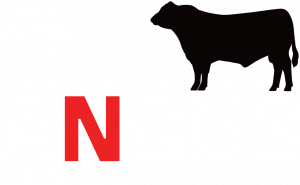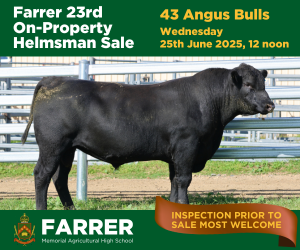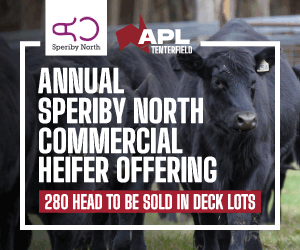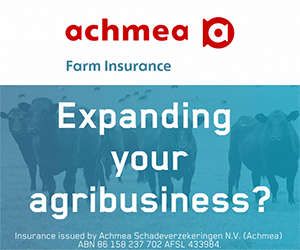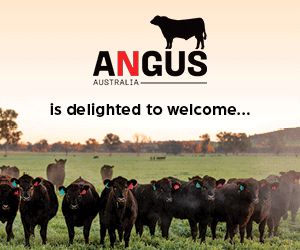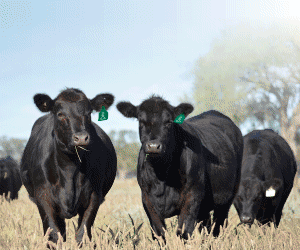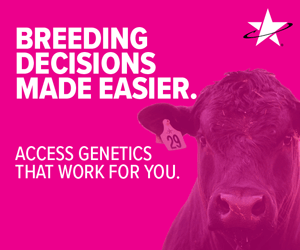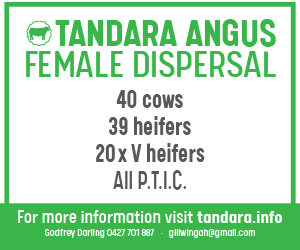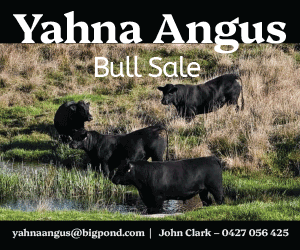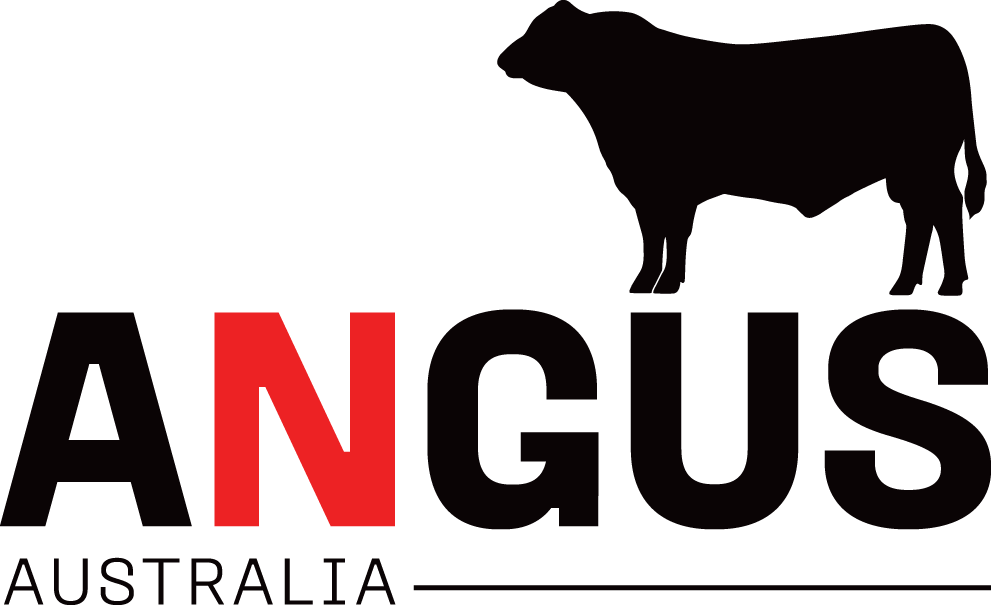Low Methane Beef Program (LMB)
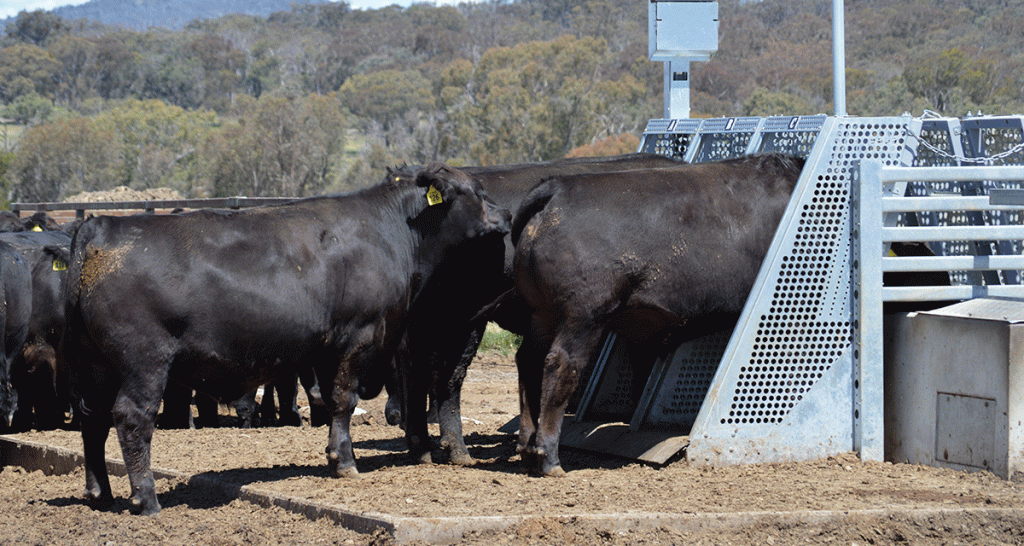
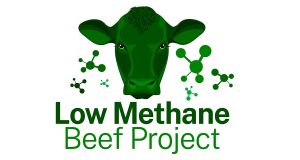
The Low Methane Beef Program commenced in 2022. It is being led by the University of New England (UNE), with Angus Australia being a key collaborator, along with the NSW Government and Meat and Livestock Australia (MLA).
With the Australian red meat industry committing to a net zero emissions target by 2030, breeding for low methane emissions is an attractive strategy due to it’s potential to deliver cumulative and permanent change in the national beef herd over generations.
Previous studies have shown that traits related to methane emissions in beef cattle are heritable (see resources section below), and that breeding for lower methane emissions is possible. However, a large volume of animals measured for greenhouse gas emission traits, simultaneously with production traits, is required to underpin EBVs to allow for effective selection.
Aims:
The LMB project aims to deliver decision making tools to identify cattle with genetic advantages for high productivity and low greenhouse gas impact. It will focus on compiling existing and creating new data on beef cattle methane emissions, measured specifically for genetic evaluation, with the aim to generate methane emission research breeding values.
The research will also investigate how methane output interacts with profit-driving traits such as growth rate, fertility, feed intake, carcass weight and quality.
Measurement:
Livestock emissions, including methane, will be measured using the world-class GreenFeed technology which records the amount of carbon dioxide and methane in an individual animal’s breath as they eat an attractant. This technology is installed at key beef cattle R&D locations including The University of New England’s Tullimba feedlot, where most of the Angus Sire Benchmarking Program (ASBP) bred steers are fed and tested for feed intake.
Specifically, over the coming 5 years the project is aiming to record methane emission data on 2,000 Angus Steers from the ASBP, from Cohort 11 to Cohort 15. Combined with other industry projects, methane emissions data will be captured on over 8,000 Australian beef animals. This will also include beef heifers in a grazing environment.
Further Information:
For further information on this project and Angus Australia’s further research collaborations visit here or contact Angus Australia General Manager, Genetic Improvement Christian Duff at christian@angusaustralia.com.au.
Resources (Reports and Scientific Literature):
Carbon neutral 2030 R&D | Meat & Livestock Australia (mla.com.au)
C-Lock Inc. | GreenFeed – Measure Large Ruminant Emissions
